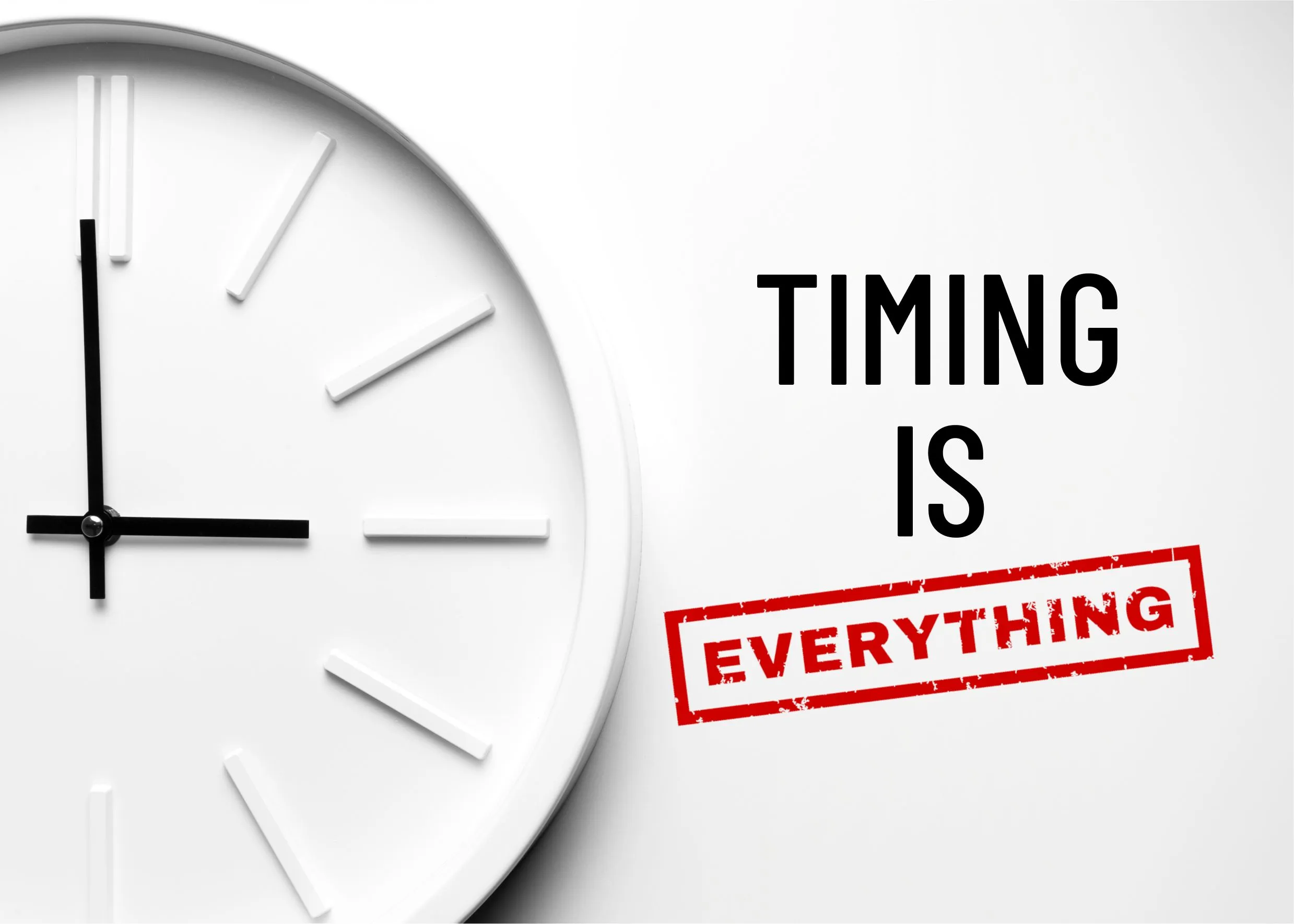We all know that when it comes to SMS marketing, timing is everything. After all, who wants to receive a text message at the crack of dawn or in the middle of the night?
Not only can ill-timed messages lead to a quick unsubscribe, but they can also be a surefire way to upset your customers. As small to medium-sized business owners, it's crucial to harness the power of SMS marketing to reach customers when they're most likely to engage.
Boasting incredible open rates, SMS marketing can be a game-changer for your business—if you time it right.
Over the next few minutes we’ll explore the best times to send text messages to maximize conversions and ensure your messages are both heard and well-received.
Understanding the Best Times to Send Text Messages
When it comes to sending SMS messages, it's crucial to consider the daily routines of your target audience. You want to ensure that you're reaching them when they're most likely to be on their phones and in the right frame of mind to engage with your message.
Finding the perfect time to send your text messages is a bit like a science. To strike the right balance, you'll need to consider various factors and avoid specific times that may result in poor engagement or even upset customers.
Avoiding Mondays
It turns out that people aren't huge fans of Mondays when it comes to receiving marketing messages. Mondays tend to have the lowest response rates, likely because people are swamped with content from the weekend, including emails, television, and mail.
So, unless your message is specifically related to that date or serves as a reminder, it's best to steer clear of Mondays.
Avoiding Rush Hour
Since most people are preoccupied during standard rush hours, they're less likely to read or engage with your text messages.
To increase the chances of engagement, try to avoid sending messages during busy commuting times, typically between 6:30 a.m. and 8:30 a.m. and 4 p.m. until 7 p.m. local time.
Being Respectful of Timing
Think about when you'd want to receive a phone call, and use that as a guideline for when to send your text messages.
Remember that text messages, like phone calls, can be intrusive if they arrive too early in the morning or too late at night.
The best time to send text messages is during working hours on weekdays, as that's when most people are likely to be receptive to a phone call.
Adapting to Local Time Zones
When sending text messages, it's essential to keep local time zones in mind. To maximize the impact of your messages, tailor your send times to each local market, especially for retail sales and time-sensitive offers.
Leveraging Lunchtime and Mid-Afternoon Slumps
We all experience that midday energy slump, which often leads to scrolling through our phones for a bit of a mental break. Capitalize on this by scheduling your SMS marketing messages around lunchtime or the mid-afternoon lull (between 11 a.m. and 2 p.m.), when people are more likely to be checking their devices and have the time to engage back.
Also, if you cater specifically to the lunch crowd, it's an excellent opportunity for restaurants or cafes to send out food deals, discounts, or menu updates.
Taking Advantage of Weekends
While Mondays may not be the most popular day for SMS marketing, weekends can present opportunities for higher engagement rates.
On Saturdays and Sundays, people generally have more free time and flexibility in their schedules. As long as you avoid early mornings, late evenings, or other inconvenient times (e.g., mealtimes), weekends can offer additional chances to connect with customers through text messages.
Of course, consider the type of business you’re running and how relevant weekend promotions would be – retail stores might see success promoting sales on weekends while B2B services might want to stick primarily with weekdays.
Analyzing Your Own Data
While the above tips provide a general guideline for finding optimal send times for SMS marketing campaigns, it's essential also to analyze your data over time.
Consider running A/B tests by sending out your campaign at different times throughout the week or varying between weekdays vs. weekends.
Keep track of which send times yield better open rates and conversion results so that you can fine-tune your timing based on actual customer preferences relevant to your specific industry.
Ultimately, there is no one-size-fits-all answer when it comes to determining when you should send text messages!
By understanding both general trends as well as analyzing your specific customers’ habits, you'll be well on your way to maximizing the impact of your SMS marketing campaigns.
If you’re looking for a platform to help manage your texting communications between employers and employees, look no further than TxtSquad. Learn how to optimize and streamline your texting communications between workers and staff.
